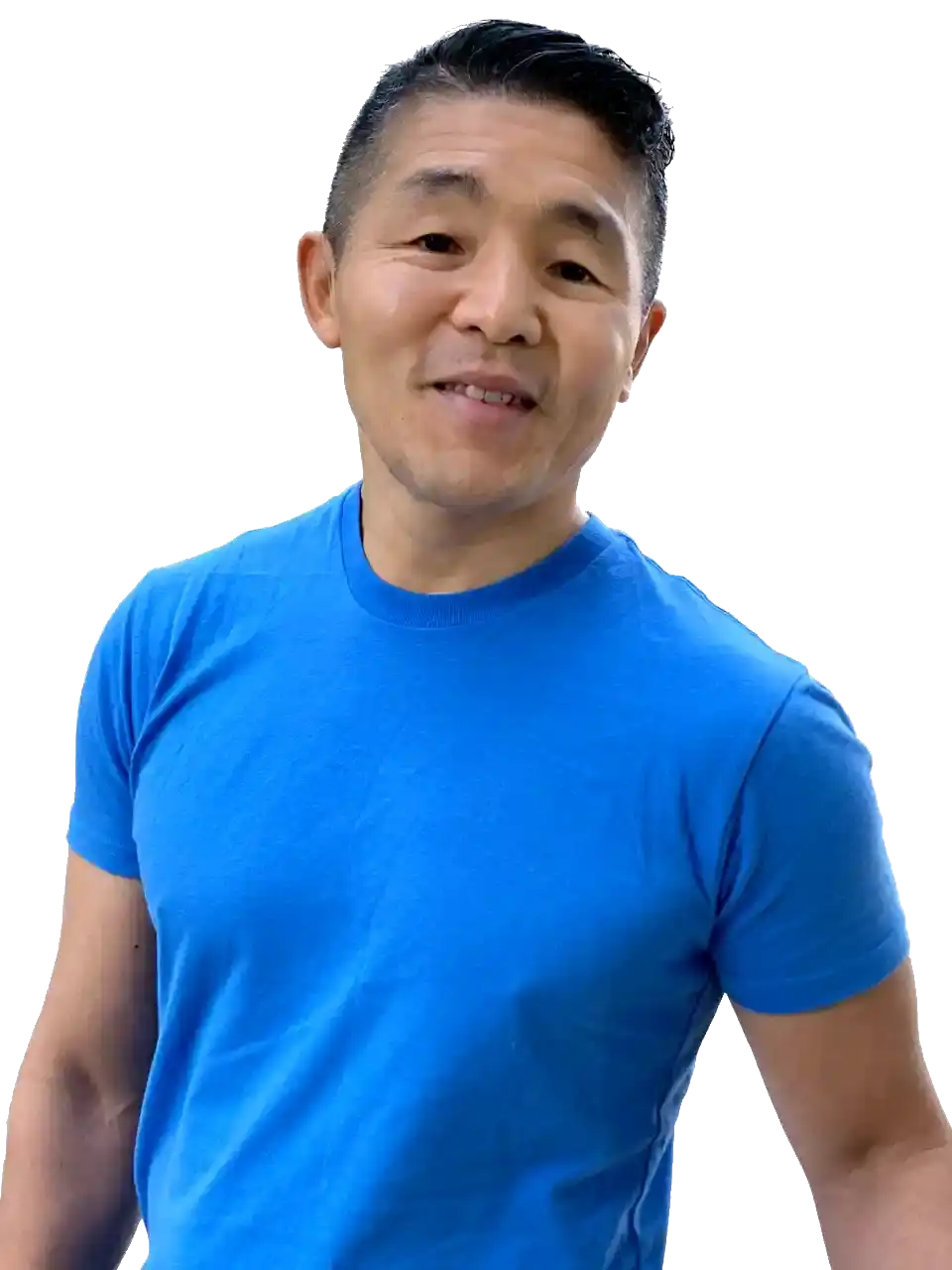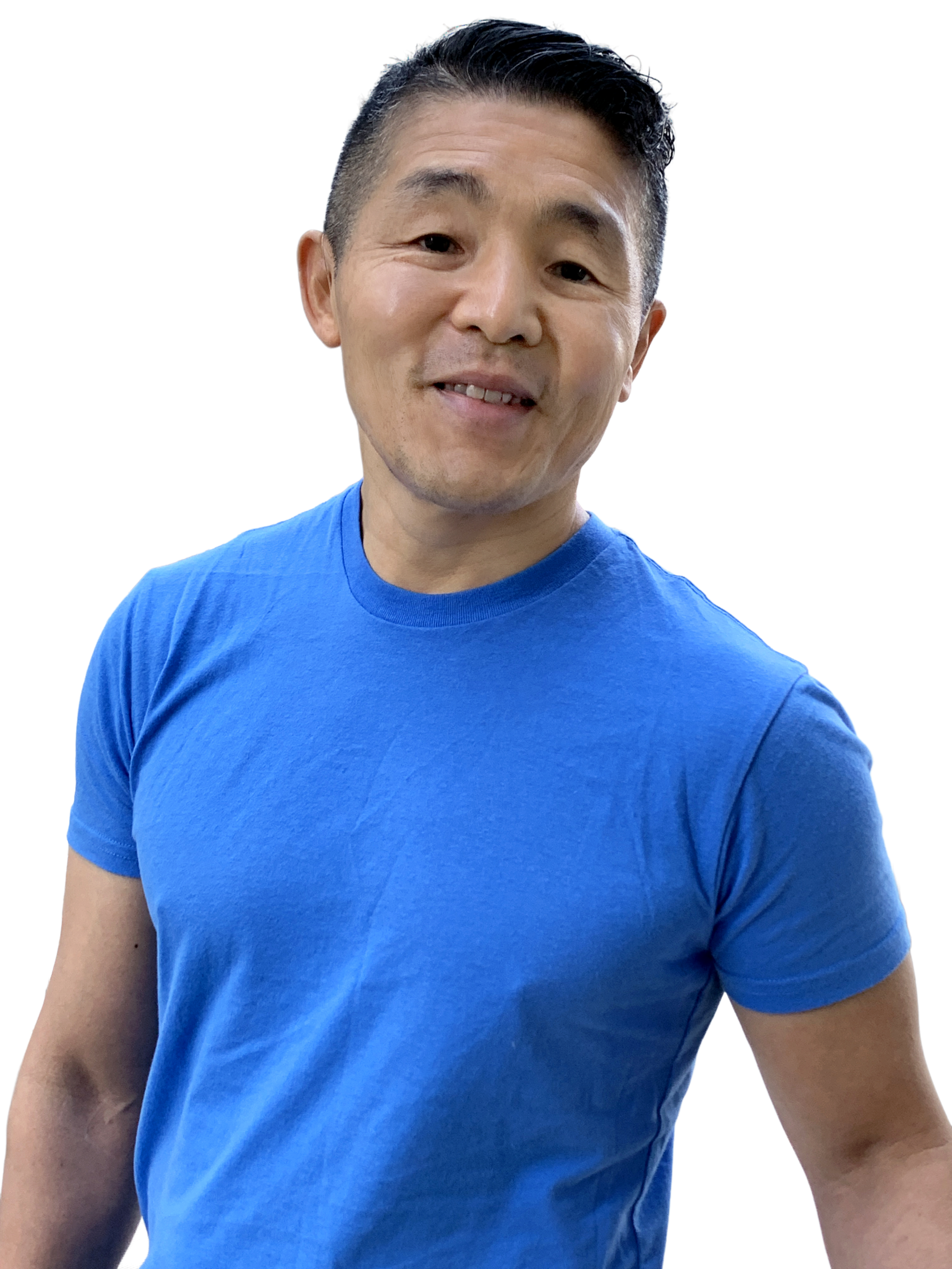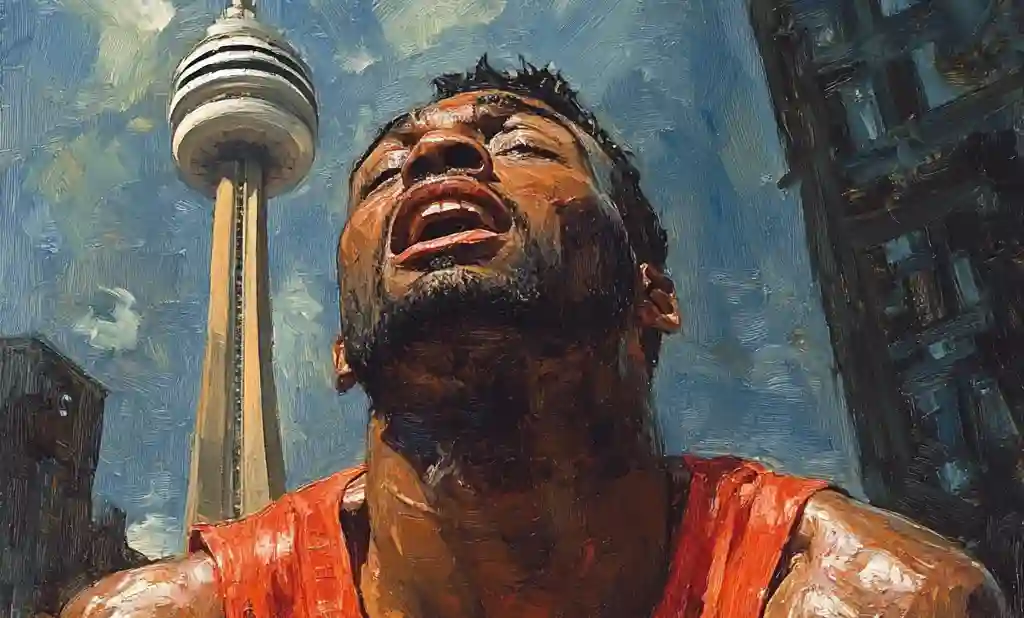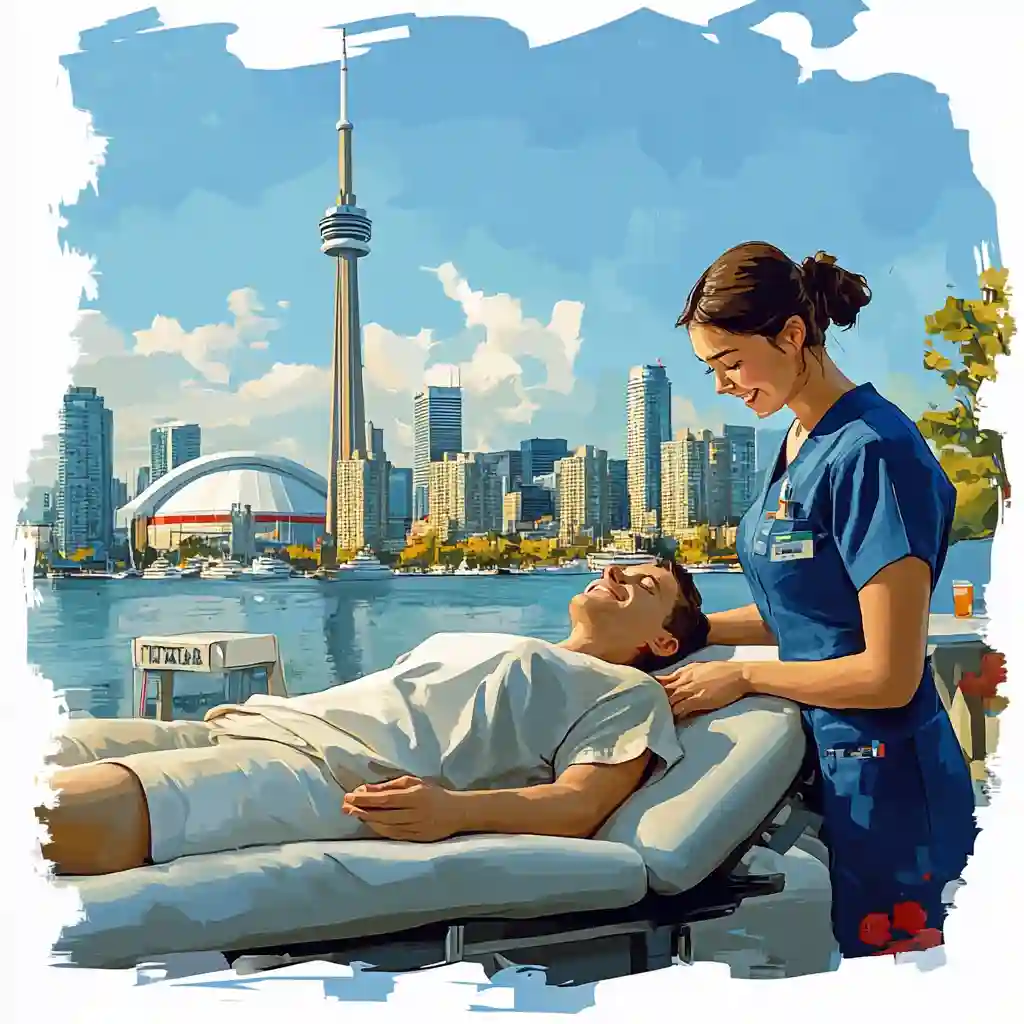Recovering from Concussion Symptoms with VRT Therapy
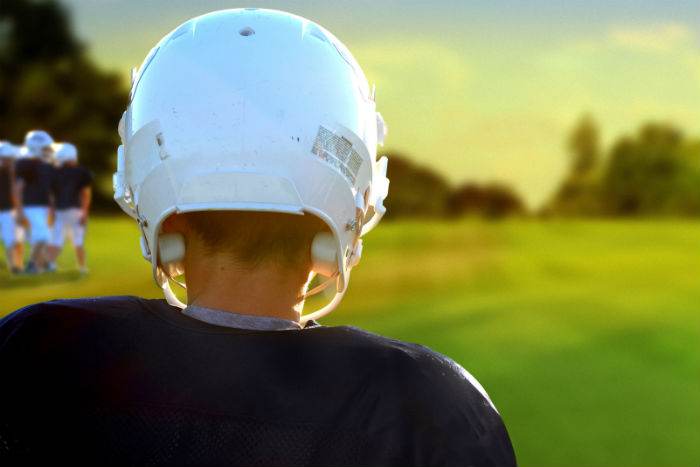
Finding Balance: Vestibular Rehabilitation Therapy (VRT) For Concussion Symptoms
Concussion symptoms can indeed be influenced by the vestibular system, a crucial component responsible for balance and spatial orientation.
The vestibular system is a complex sensory system located within the inner ear that plays a role in maintaining balance, orientation, and stability. It consists of several structures, including the part of the inner ear filled with fluid and the vestibular nerve, which works to provide the brain with information about motion, head position, and gravitational forces.
The goal of VRT for Concussion Symptoms
Vestibular Rehabilitation Therapy (VRT) aims to recalibrate the vestibular system, within the inner ear, which gives us our sense of balance and spatial orientation. Through a series of exercises and manoeuvres done by the therapist and patient, VRT aims to restore your sense of balance, which causes dizziness, vertigo and nausea from concussion symptoms.
The Core Components of VRT
Within the realm of VRT, a diverse array of exercises and manoeuvres address vestibular problems. From gaze stabilization techniques to balance-enhancing drills, each part of VRT is done to promote functional recovery. Skilled chiropractors guide patients through a comprehensive evaluation, to understand your unique vestibular challenges. This evaluation lays the groundwork for a personalized treatment plan, blending therapeutic exercises, patient education, and progressive interventions tailored to unlock the body’s innate potential for healing.
See Step-by-Step Return To Sport
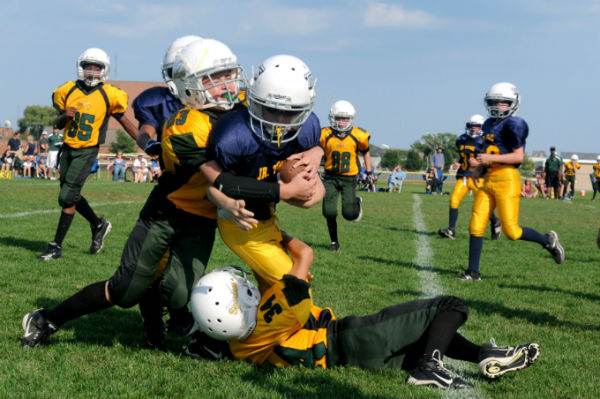
Navigating Concussion Symptoms with VRT
The British Medical Journal of Sports Medicine in 2017 [1] found that the majority of people with concussion symptoms are better in seven to ten days.
More severe concussion symptoms, often resulting from traumatic head injuries, include dizziness, vertigo, balance issues, and visual disturbances. Vestibular Rehabilitation Therapy (VRT) emerges as a crucial intervention in managing these symptoms and facilitating recovery.
Promoting Neuroplasticity and Recovery and Concussion Symptoms
One of the key mechanisms underlying VRT’s effectiveness lies in its ability to promote neuroplasticity—the brain’s remarkable capacity to reorganize and adapt following injury. By engaging in structured VRT sessions, individuals can stimulate neural pathways associated with balance and spatial awareness, facilitating symptom resolution and functional improvement.
Holistic Management of Concussion Symptoms
In addition to its direct impact on vestibular function, VRT also addresses secondary symptoms such as headaches, neck pain, and visual disturbances, offering a holistic approach to concussion management.
Empowering Patients on the Road to Recovery
By empowering patients with tailored VRT protocols and ongoing support, chiropractors play a vital role in guiding individuals through the journey of concussion recovery.
Vestibular rehabilitation therapy (VTR) has strong research evidence to prove that VTR is effective for decreasing dizziness, balance, and balance problems after a concussion.[2]
Vestibular Rehabilitation Therapy For Concussion Symptoms
Furthermore, according to five studies, patients who completed the study were 10.27 times more likely to return to sport or work or sport within 3 months. [4,5,6,7,8,]
The unfortunate thing was there was no clear pattern to which exercises were effective, and what frequency and intensity to do the exercises, in any of the studies.
Which Exercises Are Good For Concussion Symptoms
So, I am not going to go over the exercises in this article but go over them in the next article. The takeaway from his article is that VRT is effective for those people with concussion symptoms or post-concussion symptoms that last longer than 10 days and want to return to work or sport.
Picture Credit
- Photo by Ben Hershey on Unsplash
- Photo by Ben Hershey on Unsplash
Research
- Murray DA, Meldrum D & Lennon O, Can vestibular rehabilitation exercises help patients with concussion? A systematic review of efficacy, prescription and progression patterns. British Journal of Sports Medicine 2017; 51: 442-451.
- Hillier S, McDonnell M. Vestibular rehabilitation for unilateral peripheral vestibular dysfunction. Wiley Online Library, 2011.
- Schneider K, Meeuwisse W, Nettel-Aguirre A, et al. Cervico-vestibular physiotherapy in the treatment of individuals with persistent symptoms following sport-related concussion: a randomized controlled trial. Brain Inj 2014; 28: 796.
- Schneider K, Meeuwisse W, Nettel-Aguirre A, et al. Cervico-vestibular physiotherapy in the treatment of individuals with persistent symptoms following sport-related concussion: a randomized controlled trial. Brain Inj 2014; 28: 796
- Hoffer ME, Gottshall KR, Moore R, et al. Characterizing and treating dizziness after mild head trauma. Otol Neurotol 2004; 25: 135–8.
- Faltus J. Rehabilitation strategies addressing neurocognitive and balance gait deficits following a concussion in a female snowboard athlete: a case report. Int J Sports Phys Ther 2014; 9: 232–41.
- Gottshall K, Gray N, Drake AI. A unique collaboration of female medical providers within the United States Armed Forces: rehabilitation of a marine with post-concussive vestibulopathy. Work 2005; 24: 381–6.
- Rabago CA, Wilken JM. Application of a mild traumatic brain injury rehabilitation program in a virtual realty environment: a case study. J Neurol Phys Ther 2011; 35: 185–93.
